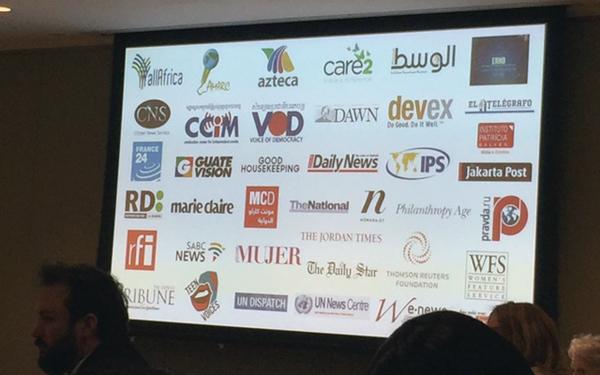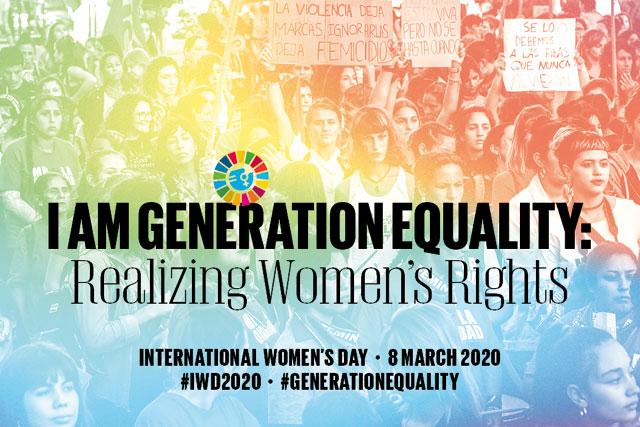You are here
‘Austerity hurts services vital to gender equality’
By AFP - Apr 28,2015 - Last updated at Apr 28,2015
LONDON — Spending cuts are hurting public and social services that give women the chance to find paid work, independence and a chance at equality, a UN report warned on Monday.
The United Nations' organisation for gender equality, UN Women, said in a major study that millions of women around the world are still consigned to low-paid, poor quality jobs.
Across the world, the report reveals that women are paid 24 per cent less than men, and this gender pay gap widens for women with children.
"From Wall Street to the sugar cane fields, the gender norms that work against women are strong," said Phumzile Mlambo-Ngcuka, executive director of UN Women.
One major problem is that women still carry the burden of work in the home, whether it is caring for children or older people or walking miles each day to fetch water.
"Where there are no public services, the deficit is borne by women and girls," said Mlambo-Ngcuka, executive director of UN Women, at the report's launch in London.
The report noted how the extension of childcare, maternity and paternity leave helped women into employment, which in turn gave them and their families a chance at a better life.
Laws regulating domestic work and outlawing gender discrimination and the minimum wage also helped reduce poverty and bring down the barriers to equality, it said.
But in European countries, austerity measures are threatening public services, warned co-author Laura Turquet.
"The austerity measures are a women's rights issue in terms of cuts in public services, and those in particular impact on women because they tend to be over-represented in public sector jobs as well," she said.
Rather than suggest that such public services were unaffordable, she added that government should view them as capital investments akin to infrastructure.
Noting that women are currently providing many care services without any financial compensation, she said: "It's about redistributing who pays for it and who carries that burden."
The report also finds that women are more likely to work in undervalued occupations — 83 per cent of domestic workers are women, and almost half of them are not entitled to a minimum wage.
The report comes 20 years after landmark conference on women's rights in Beijing.
Related Articles
AMMAN – UN Women on Tuesday launched in New York an innovative partnership with leading media houses to galvanise attention and concrete act
AMMAN — Jordan on Sunday celebrates International Women's Day under the theme “I am Generation Equality: Realising Women’s Rights”.This year
AMMAN — The new generation of girls all over the world is “on fire”, demanding their rights and “not backing down”, said Executive Director



















